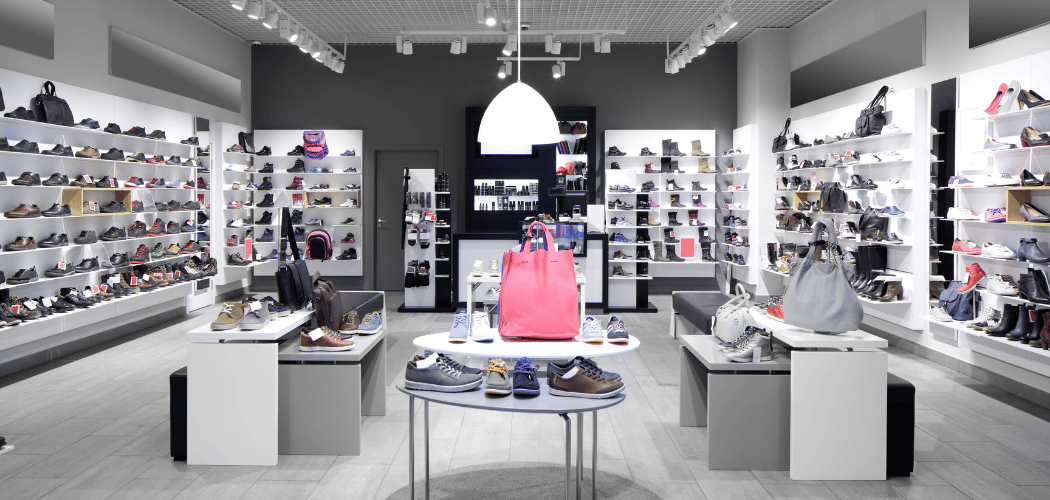 While there may be a debate about the wisdom and efficacy of replacing human interactions in the retail customer experience with automation, that automation continues apace. A new report from consulting firm RBR research reveals that retail self-checkout deployments grew 67 percent globally in 2016, with US retailers in particular investing heavily in transforming their stores. Ready or not, consumers, human interactions are inexorably disappearing from the retail experience.By Wise Marketer staff
While there may be a debate about the wisdom and efficacy of replacing human interactions in the retail customer experience with automation, that automation continues apace. A new report from consulting firm RBR research reveals that retail self-checkout deployments grew 67 percent globally in 2016, with US retailers in particular investing heavily in transforming their stores. Ready or not, consumers, human interactions are inexorably disappearing from the retail experience.By Wise Marketer staff
A record 49,000 self-checkout units were delivered to retailers worldwide in 2016, according to the Global EPOS and Self-Checkout 2017. Huge investment by several top-10 retailers saw US shipments jump 155 percent. Big-box chains such as Target have revamped their checkout zones, increasing the number of self-service lanes per store and installing terminals in outlets which did not previously have the technology.
There were deployments of self-checkout technology in 2016 in several markets with considerable growth potential. Specific market details include:
- Russia's leading retailers ramped up self-checkout rollouts, with activity doubling. Magnit and X5 Retail continued to install SCO units in large numbers while others started piloting the solution.
- A number of Brazilian supermarket chains began piloting SCO solutions, as did domestic retailers in China, with local vendors supplying the solutions in both cases.
- After many years of South African retailers resisting SCO technology due to concerns over shrinkage and pressure from trade unions fearing job losses, supermarket chain Pick ‘n Pay began a pilot.
- Diverse forms of self-checkout are taking hold in two of the world's largest markets, the UK and Japan. In the UK, compact card-only models are increasingly common in small-format grocery stores. Meanwhile, Japanese retailers have invested in a "semi-self-service" system they deem a more efficient use of limited space: store employees carry out the time-consuming scanning process, leaving customers to handle packing and payment.
A combination of existing SCO proponents rolling out additional units in their stores and new users deploying for the first time will boost global installations by 53 percent to nearly 400,000 SCO machines installed at retailers in 60 countries by 2022.
These installations are nearly entirely driven by the need for cost-cutting - an understandable imperative in the age of unprecedented pressure on retail margins and profits. With the human element largely removed from brick-and-mortar retail as it is in online retail, what impact will the drive to automation have on customer relationships and loyalty? Stay tuned.




